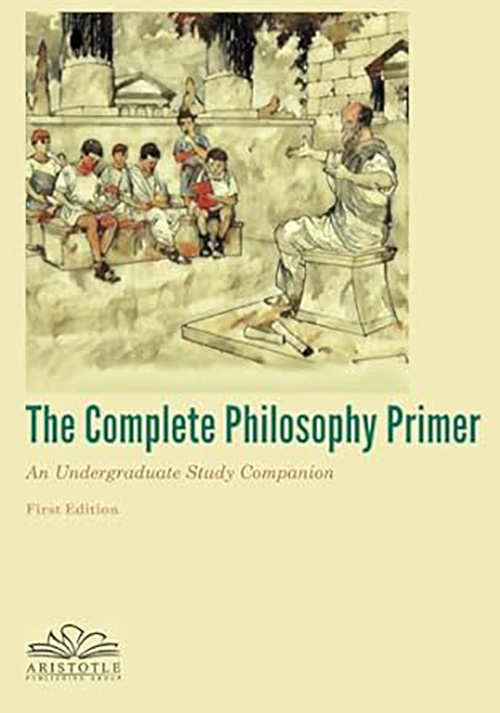The philosophical system developed by Immanuel Kant (1724–1804), Transcendental Idealism sought to overcome the epistemological problems of Empiricism while providing a rational justification for Liberalism.
Kant argued that we cannot have knowledge of things-in-themselves (the noumena), but only how they appear (the phenomena). We can, however, understand the conditions for any possible experience by investigating how our cognitive faculties systematize these phenomena. Thus, mathematics can be derived from our spatial-temporal ordering of phenomena (via the faculty of sensibility), while the principles of Newtonian Mechanics follow from our judgments regarding, for instance, the identity and continuity of phenomena (via the faculty of understanding). Since any experience must be systematized in these ways, our mathematical and scientific knowledge is guaranteed to be reliable, not because our representations necessarily conform to the external world but because our experience of the external world necessarily conforms to our representations. This solves the problem of how our mental ideas can accurately represent non-mental objects. The political ideals of tolerance and autonomy are also shown to follow as universal principles of pure reason. Finally, by sharply delineating the boundaries of theoretical reason, Kant also sought to leave room for free will and religious duty in an otherwise mechanistic universe.
































